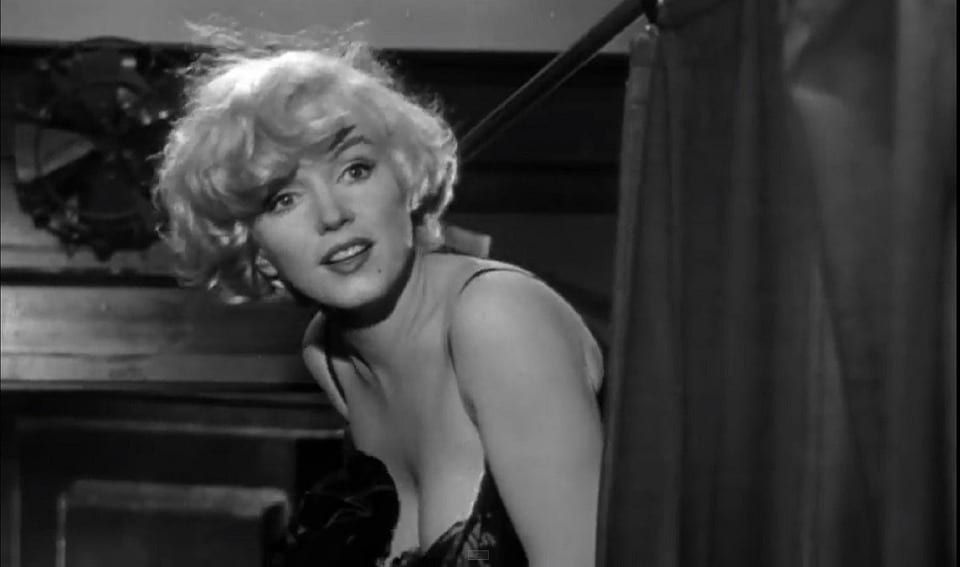Error! You must specify a value for the Video ID, Width, Height and Anchor parameters to use this shortcode!
It has long been noted that creativity, leadership and ingenuity are often associated with mental illness. This is particularly the case in the creative arts [1]. Quite why this should be, nobody is entirely sure. Some say that creative lifestyles and positions of power can “trigger” mental illness by their rigorous and unconventional nature. Others, however, are of the opinion that those with mental illness are in fact better positioned to be good at such things due to their unique insight into the highs and lows of human experience, and the intensity of their own experience of the human condition [2]. People with bipolar disorder have played a large role in the shaping of human history and culture. Here are just a few well-known individuals who may well have suffered from bipolar disorder. (NOTE — for more historical figures, no accurate diagnosis can exist. In such cases, their bipolar status is speculative rather than confirmed.)
Florence Nightingale (Almost certainly)
Florence Nightingale was a formidable but incredible British Victorian nurse, credited with saving hundreds of lives in the Crimea, and many thousands after that due to her revolutionary ideas about hospital cleanliness. In an era before health insurance [3] and governmental health standards could protect the sick, she insisted that hospitals be clean, sanitary places, and that nursing staff be properly trained, decently paid and held to a high standard. As such, she is considered the founder of modern nursing. We also know from her diaries that she suffered from extreme mood swings, and heard voices (among other symptoms). Experts are now reasonably sure that she suffered from bipolar disorder [4] — which in some ways inspired her to do her life-saving work.
Marilyn Monroe (Speculative)
Marilyn Monroe, arguably the greatest screen icon ever to grace Hollywood, certainly suffered from mental illness [5]. Quite what that illness was has been speculated upon for decades, but bipolar disorder seems reasonably likely. “Insanity” ran in her family, and she spent much of her life struggling to “understand” herself in an effort to stave off the mental illness which had afflicted her mother. The vast contrast between the diffident, unassuming, depressive Norma Jean and the powerful, sexy, hysterical Marilyn Monroe, and the way in which Norma/Marilyn swung between the two has (among other things) led many mental illness specialists to speculatively diagnose the world’s most iconic actress with bipolar disorder.
Winston Churchill (Speculative)
One of the most lauded and respected world leaders of all time, Winston Churchill was a man dogged by mental illness. Everyone knows of his struggle with what he termed the “Black Dog” — so much so that “Black Dog” has entered the cultural consciousness as a moniker for depression. Some, however, believe that Churchill’s condition went beyond depression, and that Churchill did in fact have a form of bipolar disorder. Others vehemently disagree, and nothing can be proven, but there is certainly a lot of anecdotal and behavioral evidence in favor of a bipolar diagnosis. The man went from being so paralysingly depressed that he could do nothing but lie in bed, comatose with despair, to being filled with a kind of manic and energy which alarmed many around him [6]. It sounds familiar, doesn’t it?
Vincent Van Gogh (Speculative)
Nobody can agree on what, precisely, afflicted the great but troubled Dutch artist. However, many experts have put forward a good case for some form of bipolar disorder — and this has a strong backing within both the artistic and psychiatric community [7]. Some think that Van Gogh’s troubled last months were due to a bipolar episode combined with thujone poisoning [8] from the ill-advised absinthe of which he was rather too fond at the time. We shall never know the truth, but that Van Gogh’s incredible works were inspired by his own fascinating psyche is beyond doubt.
____________________________
Sources:
[1] Simon Kyaga, Paul Lichtenstein, Marcus Borman, Christina Hultman, Niklas Langstrom, Mikael Landen, “Creativity and mental disorder: family study of 300,000 people with severe mental disorder”, British Journal of Psychiatry, 2011
[2] Creative Something, “The link between depression and creativity, and how it can be good for you”, Jul 2013
[3] CNI, “Pre-Existing Medical Conditions”
[4] CBC News, “Florence Nightingale suffered from bipolar disorder”, May 2003
[5] Lynn Cinnamon, “Glitter and sawdust: the human madness of a mundane goddess”, May 2015
[6] Nassir Ghaemi, “Winston Churchill and his ‘black dog’ of greatness”, The Conversation, Jan 2015
[7] Van Gogh Gallery, “Van Gogh’s Mental and Physical Health”
[8] Wilfred Niels Arnold, “Vincent van Gogh and the Thujone Connection”, The Wormwood Society, Nov 1988

